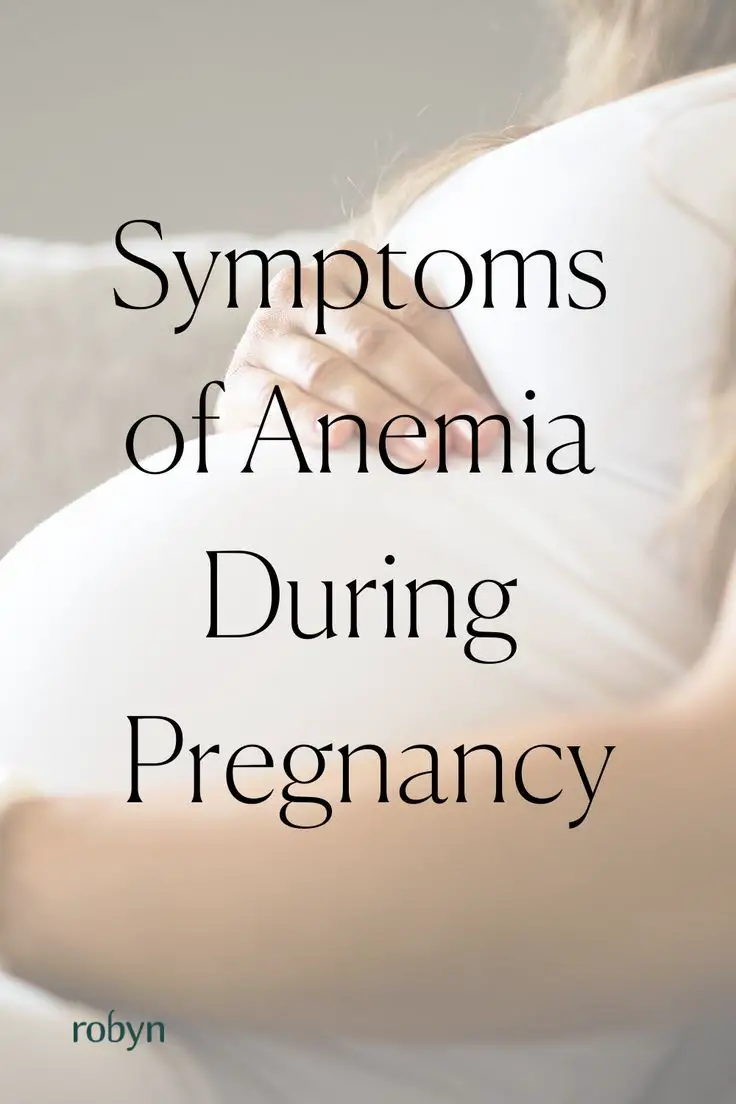Introduction
Red blood cells (RBC’s) are primarily responsible for carrying oxygen throughout the body. If your complete blood count, or CBC, indicates that your RBC’s are relatively low. You can be experiencing symptoms of anemia during pregnancy. You will also experience breathlessness, cold, dizziness, and fatigue. Making a few adjustments will put you on the correct path if you are suffering from anemia in pregnancy.
Understanding Anemia in Pregnancy
When your body does not have enough red blood cells to deliver oxygen throughout the body. That is when symptoms of anemia in pregnancy arises. Your body won't function properly if it doesn't get enough oxygen from your blood. Pregnant individuals experiencing anemia are generally categorized as anemic. In red blood cells, there is a vital protein called hemoglobin
This protein will also retain oxygen. And help your red blood cells in transferring oxygen from your lungs to the rest of your body. It also enables the easy passage of carbon dioxide from your body into your lungs.
Iron and vitamins must be continuously supplied to your body for it to manufacture hemoglobin and red blood cells. Your body cannot produce the appropriate hemoglobin to transport oxygen to your organs without such a supply. Pregnant women frequently become anemic because their bodies lack the necessary amounts of iron and other micronutrients.
Who Has the Higher Chances of having Anemia in Pregnancy?
Your body's blood volume will increase by 20% to 30% while you are pregnant. This means that to produce red blood cells, your body needs more iron. During your pregnancy, you may be more at risk for anemia if you are:
- Multiple pregnancies
- Low consumption of iron
- Having two consecutive pregnancies with a short gap
- Having a strong menstrual flow before becoming pregnant
- Frequently throwing up from morning sickness
Is Anemia During Pregnancy Normal?
Pregnancy causes an increase in blood volume, and minor anemia is normal. Pregnant women are prone to iron insufficiency, with over 52% of them not getting enough iron. Treatment for mild to severe anemia is necessary to protect both your health and the health of the fetus.
How Does Pregnancy-Related Anemia Impact the Unborn Child?
Development of the fetus requires enough intake of iron, vitamin B12, and folic acid. The first trimester is when anemia will primarily impact the fetus's growth. Your infant is more likely to get anemia after birth if the anemia is left untreated. And that can also cause developmental issues. Low birth weight and premature delivery are two further risks associated with anemia.
Can Pregnancy-Related Anemia Lead to Miscarriage?
No, anemia does not always result in miscarriage during pregnancy, although in certain situations, severe anemia might create pregnancy problems.
How Can a Pregnant Woman Treat Anemia at Home?
Making sure you get the right amount of iron, B12, and folic acid during pregnancy. As it is one of the best ways to cure common anemia. Apart from that, you can routinely take prenatal vitamins. Please ask your healthcare professional about the prenatal vitamin that is advised for you.
The dietary adjustments will benefit you as well. You need to consume more iron-rich foods like turkey, lean meat, and spinach. Vitamin-rich foods that help in iron absorption, such as citrus fruits, tomatoes, and peppers, are important.
After Treatment for Anemia When Is the Change Noticed During Pregnancy?
You will feel better in a few days if you take the supplement for iron deficiency, B12 insufficiency. And for folate deficiency. See your healthcare advisor if you don't notice a change.
How Can I Avoid Anemia Pregnancy?
Eating three meals a day. And that should include at least 30 mg of iron is the best way to prevent anemia in pregnancy. If your typical diet isn't able to provide you with enough iron. You might talk to your doctor about taking foods high in iron.
Prenatal vitamins must be taken daily; ideally, you should begin taking them before becoming pregnant. To find out which kind of prenatal vitamin is best for you, speak with our doctor. As some prenatal vitamins may not include enough iron.
It would also be beneficial if you kept in mind that moderate anemia can occur during pregnancy even if you are doing everything right. It is a result of the blood's natural rise in volume. You should speak with your doctor if you experience any of the following symptoms of anemia during pregnancy. The symptoms can include fatigue, dizziness, etc.
Conclusion
We covered all the information about anemia in pregnancy through this post. It will prove beneficial and useful in teaching you about the entire process and its solutions. You can also forward this post to others so they can also take advantage of this article. Please leave a comments below if you have any questions for us. Visit on sitepage







